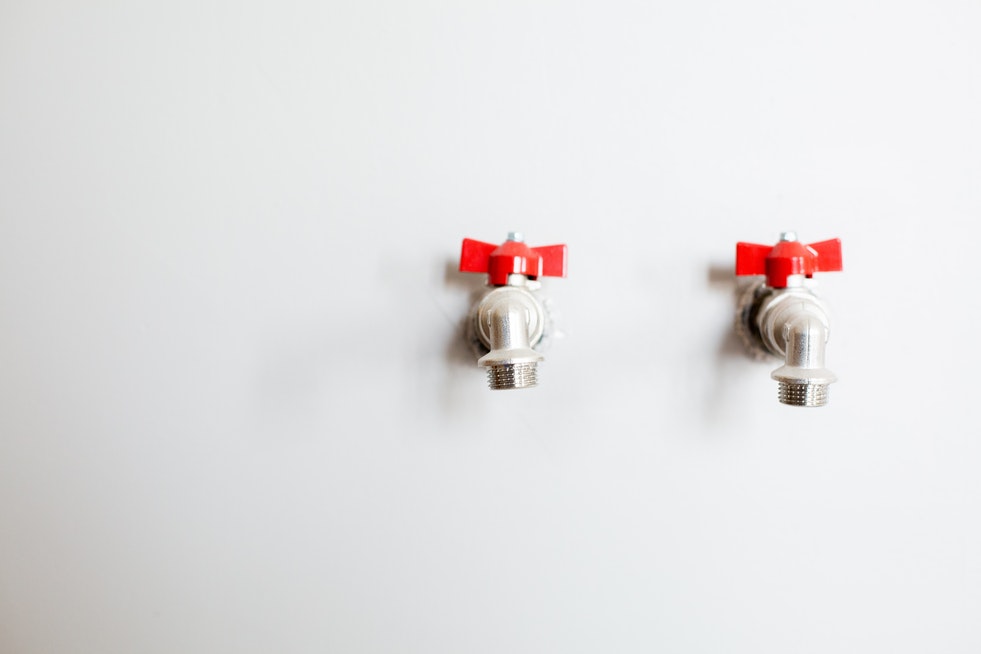Plumbing fixtures and water systems are essential within your home – without them, your family’s lives and lifestyle would be affected massively.
If you own a home, you will almost certainly have faced, or be faced, with some kind of plumbing emergency at some point within your time as a homeowner. But there’s no need to worry: with the right tools and knowledge, you can resolve many common plumbing problems yourself at home.
Here, then, are five frequent plumbing emergencies to be aware of in your home.
- A clogged toilet
If your toilet isn’t flushing properly or at all, is producing unusual noises, or leaking water, then it is most likely clogged.
Because the toilet is the most frequently used item installed in your bathroom, perhaps even in your home, any of these common plumbing emergencies can affect your day-to-day lifestyle. Try some DIY toilet-unclogging procedures, but keep in mind that an irresolvable issue could allow leaks to cause structural damage or raw sewage backups, and pose health risks.
If you wish to fix this problem on your own, use a plunger to clear away anything causing the clog. A plunger uses air pressure to slacken the cause of the blockage.
Not all plumbing issues can be fixed by one person with no specialised qualifications or knowledge, which it is why it is important to remember a plumbing specialist can help you out. If you would like to find reputable drainage companies in Grays or nearby, our team here at First Call Drainage UK would be delighted to advise and assist.
- A boiler leak
If you are having trouble getting hot water, it could be due to a leak in the line between your boiler and your faucet. This wastes water and energy and is another frequent cause of an unforeseen rise in energy bills. Property damage can also result from leaks. If your boiler is located above ground level, a leak could seep through the ceiling and become a major issue.
If you are seeing signs of a serious boiler leak or you have a flood on an upper floor as a result of a leaking boiler, you should contact a plumber or drainage specialist right away.
- A running toilet
A constantly running toilet is common when the inner workings of the toilet no longer function properly. A running toilet indicates that the system is allowing water to pass through the flush valve flapper, or that water from the sump is starting to flow into the overflow tube.
You can quickly determine where the excess water is flowing by dropping a small amount of dye into the tank. If coloured water flows into the toilet bowl, the issue is most likely with the flapper or the flush valve. However, if water in the toilet bowl comes out looking clear and transparent, then the problem will most certainly be with the overflow tube system or fill valve.
- A sump pump failure
Excess water from extreme weather will start to build up at the lowest level of your property if you have a sump pump that is broken or not working properly. You should start by removing the screen to ensure that debris is not obstructing impeller movement if the sump pump is not working.
If your sump pump’s impeller is clear, it’s possible that it is not getting a sufficient amount of electricity – it could even suggest that your pump has a faulty float switch. If the pump has been running for a long period of time, it may have shut down as a result of thermal overload.
- No hot water
Getting into the shower, lavishing yourself in layers of soap, only to run the tap and have the hot water turn ice cold: it’s everybody’s worst nightmare in the morning and at night. If you experience this problem, you are most likely dealing with a faulty water heater, an electrical problem, or a plumbing leak. However, having said that, your utility company may be responsible for the fact that you don’t have any hot water.
When you next experience a plumbing emergency like any of the above at your South East or Central London home, there’s no need to look further than First Call Drainage UK for professional help and advice. Simply give us a call now, on 0800 191 0134.
